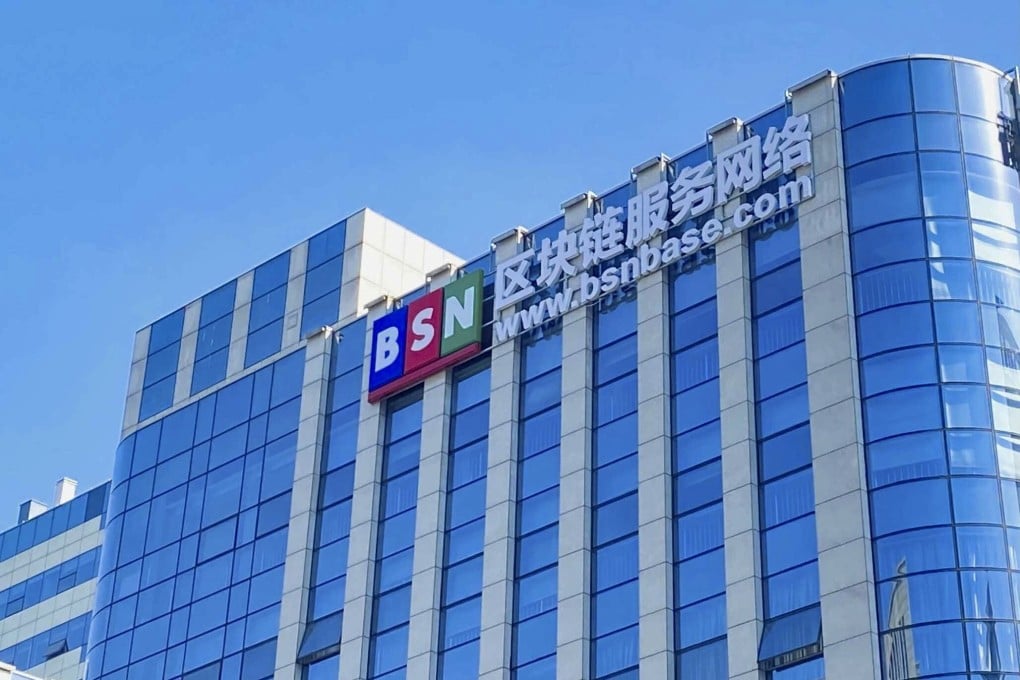Blockchain Service Network: how little-known start-up Red Date is helping China lead the world in the cutting-edge technology
- The Chinese government, which has struggled with technologies such as semiconductors, sees blockchain dominance as strategic to its tech development
- Red Date received a US$30 million investment from investors including Saudi Aramco-backed Prosperity7 Ventures and Thailand’s Bangkok Bank

When He Yifan used the internet for the first time in 1996, he knew it would change the world.
Twenty-two years later, the CEO of start-up Red Date Technology had the same feeling with blockchain.
At the time, his company was building some of the technical infrastructure for China’s wide-scale push into smart cities.
It was a period when trades in fast-rising bitcoin and other virtual currencies became widespread while blockchain start-ups with very little to show made millions on initial coin offerings. Both practices were banned by the Chinese government in 2017, leaving start-ups with little choice but to develop blockchain solutions geared towards enterprises.
“I think that the government was smart because … they understood this was not about cryptocurrency, this [was] a new communication technology, a very fundamental technology,” said He.
Since then, the little-known Red Date has helped build the Blockchain Service Network (BSN), a low-key but ambitious project that has put the firm within the country’s national blockchain strategy, aiming to propel China into a leadership position in the industry by 2025 by making blockchain easier and cheaper for businesses and institutions around the world.